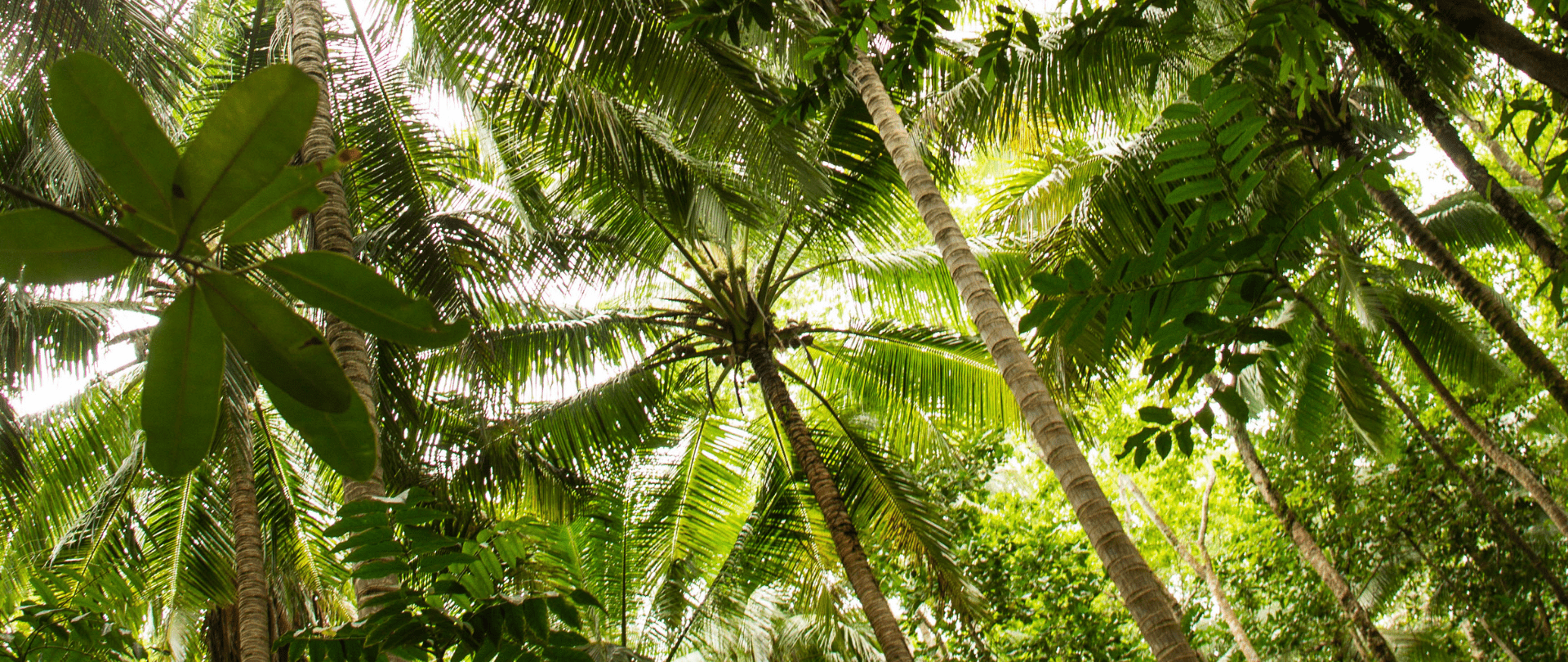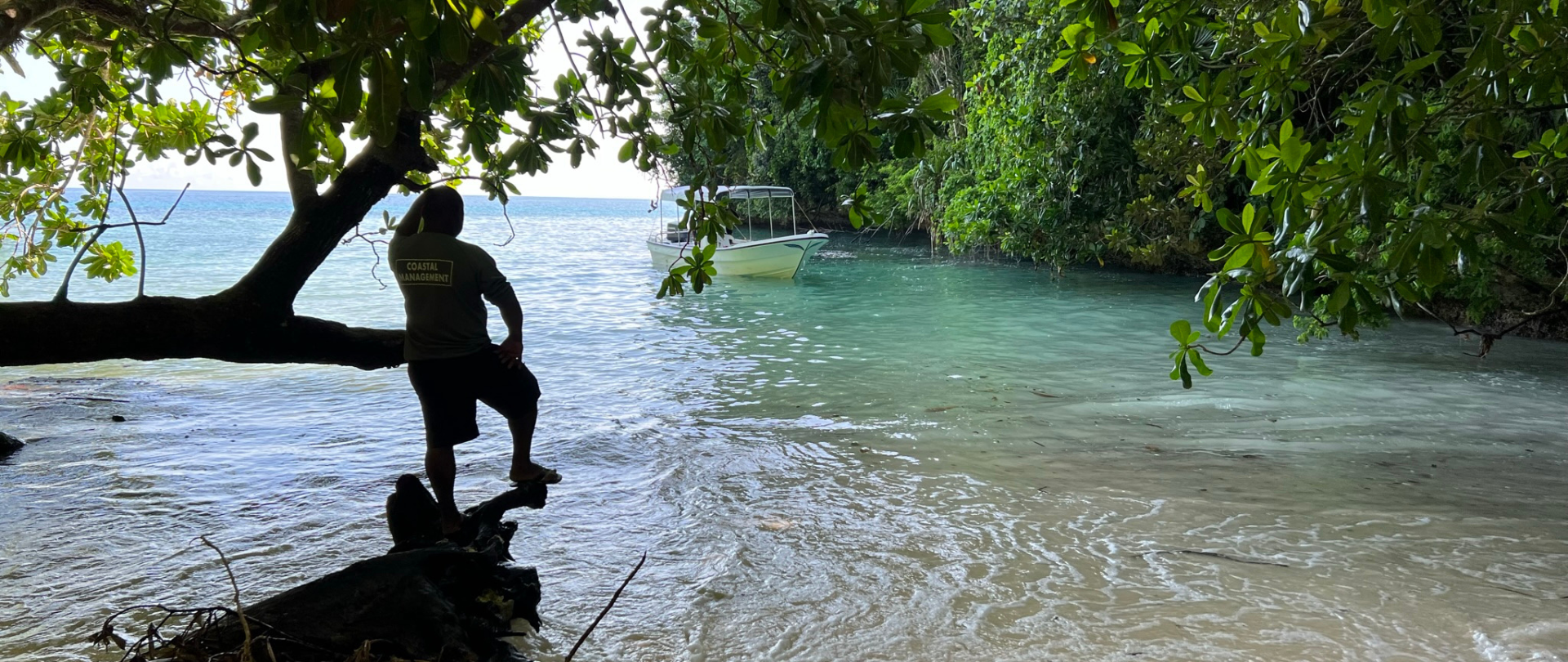October 29, 2025
Data Shows Endangered Palau Ground Doves Swiftly Recovering After Successful Palauan Island Conservation Effort
Astounding evidence of recovery on Ulong Island in Palau after just one year!
Published on
March 9, 2023
Written by
Catrina Walker
Photo credit
Catrina Walker

Does the survival of life on our planet seem increasingly at risk? No matter your political orientation, work-life situation, or food preferences, it’s impossible not to notice the trouble we find ourselves in as a species. The impact we are having on the other 8.7 million species who share this planet with us is—in a word—devastating.
And yet… we can take meaningful action! Underpinning wildness preservation is a core value that’s finding its way into our hearts and minds—an environmental ethic that sees the big picture. It’s called rewilding. This perspective is crucial to Island Conservation’s work on islands that have been cleared of destructive invasive species and have the opportunity to heal.
So what is “rewilding”?
Rewilding is a scalable, generative ecosystem restoration approach to native species and their habitats that anyone can become involved in. It strategically re-balances ecosystems in a few essential steps:

Vast Benefits
At the heart of rewilding is a clear understanding of our moral obligation to mitigate human damage in order to maintain healthy, thriving ecosystems globally. Environmental partnerships are hugely effective in creating genuine models of restored, thriving ecosystems.
Benefits include:
The team at Island Conservation is rewilding precious islands around the world. From previously extinct birds and geckos reappearing on the Galapagos Islands and rebounding vegetation on Palmyra to marine life and “connector” species thriving in once-barren environments, there are so many good news stories to share.

Bringing back balance is a scalable mission that, if catalyzed, will go a long way to heal our species’ mistakes – such as introducing invasive species to fragile island ecosystems. A healthy, balanced and thriving future for our planet and for our animals is attainable if we act with our hearts and minds connected. Truly understanding the long-term value of preserving—and in many cases re-populating—wild places is also a crucial piece of climate change mitigation.
This is how every one of us starts our own journey to something meaningful. We make a connection, have an “Aha!” moment, and then take action.
Feature image (top): A natural forest on rewilded Palmyra Atoll. Photo by Andrew Wright.
Check out other journal entries we think you might be interested in.

October 29, 2025
Astounding evidence of recovery on Ulong Island in Palau after just one year!

May 19, 2025
Read our position paper on The 3rd United Nations Ocean Conference (UNOC 3) to see why we're attending and what we aim to accomplish!

December 4, 2024
Ann Singeo, founder of our partner organization the Ebiil Society, shares her vision for a thriving Palau and a flourishing world of indigenous science!

November 22, 2024
This historic agreement aims to protect the marine and coastal areas of the Southeast Pacific.

November 18, 2024
Our projects to restore key islets in Nukufetau Atoll forecast climate resilience and community benefits in Tuvalu!

October 3, 2024
Island Conservation and partners have published a new paper quantifying ecosystem resilience on restored islands!

September 10, 2024
Climate Week NYC: what is it and why is it important? Read on to find out why Island Conservation is attending this amazing event!

September 5, 2024
With sea levels on the rise, how are the coastlines of islands transforming? Read on to find out how dynamic islands really are!

December 14, 2023
Join us in celebrating the most amazing sights from around the world by checking out these fantastic conservation photos!

November 28, 2023
Rare will support the effort to restore island-ocean ecosystems by engaging the Coastal 500 network of local leaders in safeguarding biodiversity (Arlington, VA, USA) Today, international conservation organization Rare announced it has joined the Island-Ocean Connection Challenge (IOCC), a global effort to…